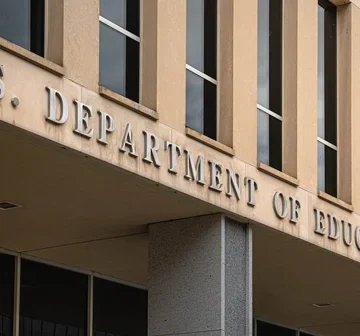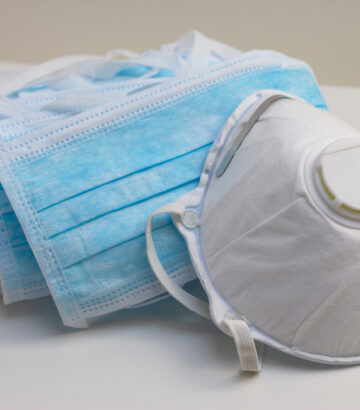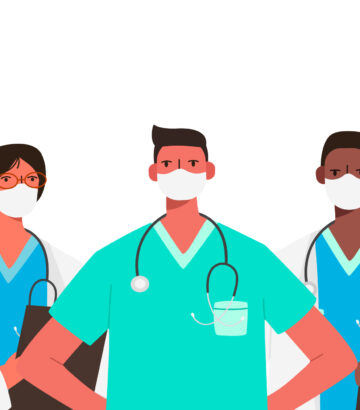WHN Files Supplementary Complaint on HICPAC’s Ongoing Violations and Conflicts of Interest
The World Health Network (WHN) has filed a new complaint with the HHS Inspector General, following up on its original filing from about a year ago, in October 2023. The initial complaint highlighted the inadequacy of the Healthcare Infection Control and Prevention Advisory Committee (HICPAC) member expertise in addressing airborne transmission in healthcare settings. While HICPAC has since added experts on airborne transmission, they were placed in a Workgroup rather than on the voting committee itself, leaving the core issue of inadequate expertise unresolved. The new complaint also raises concerns about significant financial conflicts of interest among HICPAC’s members. WHN warns that these shortcomings are manifest in unsafe healthcare environments and insufficient protections for both healthcare workers and patients.
Key Issues Raised in the Supplementary Complaint:
1. HICPAC’s Illegally Constituted Membership:
HICPAC is required by its Charter to have 14 non-federal members. At the August 22, 2024 meeting, only 11 members were present, continuing its violation of its own Charter. WHN emphasizes that any decisions made under these circumstances are not legally valid or enforceable. The failure to meet legal requirements undermines HICPAC’s ability to provide sound, effective infection control guidance.
2. Conflicts of Interest Among HICPAC Members:
WHN raises concerns about the financial conflicts of interest within HICPAC, as many of its members are from management positions in hospitals that benefit financially from treating healthcare-associated infections (HAIs). Hospitals under fee-for-service models are reimbursed for treating infections, which creates perverse financial incentives that prioritize treatment over prevention. The Centers for Medicare & Medicaid Services (CMS) instituted a policy in 2008 to stop reimbursing hospitals for the costs associated with treating certain HAIs (such as catheter-associated urinary tract infections and central line-associated bloodstream infections). However, COVID-19 infections remain outside this framework. WHN urges CMS to extend this policy to include hospital-acquired COVID-19 infections to eliminate the financial incentive for ignoring airborne infection prevention. Additional conflicts of interest include that most HICPAC members currently receive significant funding from the CDC, and the shift towards prioritizing airborne transmission prevention could potentially undermine both the funding and professional reputation of HICPAC members who are infection control experts who do not specialize in this area.
3. Failure to Address Airborne Transmission:
Despite the growing body of evidence confirming COVID-19 as an airborne pathogen, HICPAC has failed to include experts in airborne transmission as voting members. WHN stresses that this gap in expertise is particularly alarming given the ongoing pandemic. HICPAC’s guidance is inadequate without members who understand airborne transmission and the necessary preventive measures required to control it in healthcare settings.
4. Secretive Workgroup Proceedings in Violation of FACA:
HICPAC has formed an Isolation Precautions Guideline Workgroup to assess airborne transmission, but this Workgroup operates in secrecy, in violation of FACA’s requirements for transparency and public involvement. The Workgroup’s closed meetings and confidential proceedings deprive the public and relevant stakeholders of the opportunity to provide input, further undermining the credibility of the committee’s recommendations. WHN calls for immediate transparency and compliance with FACA’s mandate for open advisory committee proceedings.
Call for Action:
WHN urges the Office of the Inspector General (OIG) to enforce compliance with HICPAC’s Charter and ensure its membership includes experts in airborne transmission. The complaint highlights that the CDC’s inaction and the conflicts of interest within HICPAC are contributing to continued unnecessary deaths from preventable COVID-19 infections in healthcare settings.
About the World Health Network (WHN):
WHN is a global coalition of scientists, healthcare professionals, and engaged citizens working to promote public health and combat pandemics. WHN is dedicated to advancing solutions that reflect diverse professional expertise and actively involve the public to protect communities from emerging health threats.











